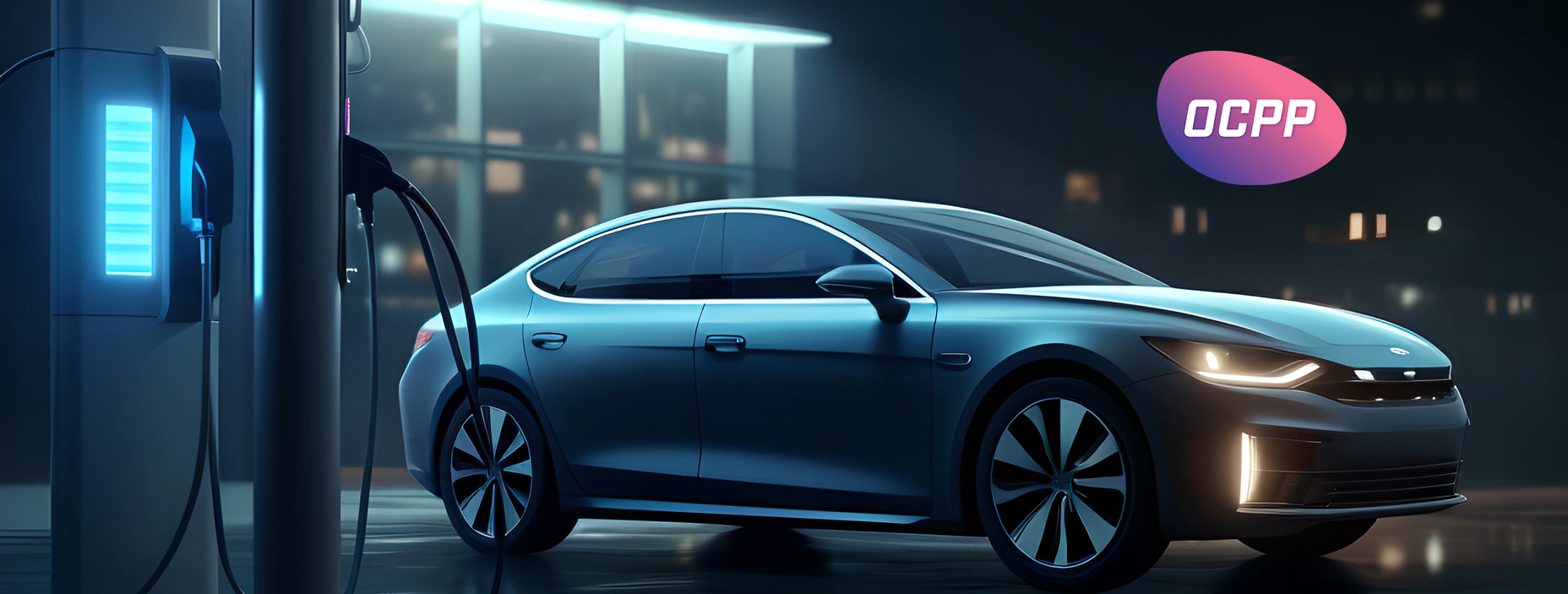Why Overseas Charging Station Products Cannot Afford to Miss OCPP Protocol
As the global electric vehicle market rapidly expands, the construction of charging infrastructure has become a critical factor in promoting electric vehicle adoption. In the process of building charging stations, the application of OCPP protocol is crucial. OCPP protocol, as an open communication protocol, plays a vital role in the standardization and interoperability of charging stations. This article explores why charging station products cannot afford to miss OCPP protocol in overseas markets and the risks and impacts of lacking OCPP protocol.

Overview of OCPP Protocol
OCPP protocol is an open standard protocol designed to standardize communication between charging stations and backend management systems. Maintained by the Open Charge Alliance (OCA), OCPP protocol supports remote management, monitoring, and maintenance of charging stations. The use of OCPP not only simplifies the integration of charging stations but also enhances the operational efficiency and flexibility of charging infrastructure.
Core Advantages of OCPP Protocol
1. OCPP protocol enables cross-brand compatibility
One of the greatest advantages of OCPP protocol is its compatibility. It allows charging stations of different brands and models to communicate through a unified protocol. This standardized interoperability ensures that the expansion and upgrade of charging networks are not limited by brand restrictions, making the integration and maintenance of charging stations simpler.
2.OCPP agreement can improve operational efficiency
OCPP protocol enables remote monitoring, data collection, and fault diagnosis. These features allow charging station operators to monitor the status of charging stations in real-time, respond quickly to faults, and perform necessary maintenance, thereby improving overall operational efficiency.
3. Support for Innovation and Development
The openness and scalability of the OCPP protocol make it capable of supporting the integration of new technologies and features. Whether it’s future payment methods or smart charging strategies, OCPP protocol can adapt to these changes, ensuring that charging station systems can continue to develop and innovate.
Risks of Missing OCPP Protocol
1. Compatibility Issues
Charging stations that do not support OCPP protocol face significant compatibility issues. Charging stations from different brands or with different technical standards may not effectively communicate with existing backend management systems, leading to data loss, management difficulties, and reduced user experience.
2. Increased Operational Costs
Charging stations that do not meet OCPP protocol standards often require additional customization and system integration, significantly increasing operational costs. Additionally, the lack of remote monitoring and management capabilities may lead to higher maintenance costs and more on-site service requirements.
3. Limited Market Expansion
The global market increasingly demands standardization for charging infrastructure. Charging stations that do not support OCPP protocol may be limited in their applicability in international markets, affecting market expansion and collaboration opportunities.
4. Difficulties in Technology Updates
The OCPP protocol is a continuously evolving standard. Charging stations that lack OCPP may struggle to keep up with new technology and feature upgrades, impacting their future competitiveness and sustainability.
Conclusion
In the process of building charging stations overseas, OCPP protocol, as a standardized communication protocol, is indispensable for ensuring the compatibility of charging stations, enhancing operational efficiency, and supporting future technological developments. Missing OCPP protocol not only poses compatibility issues and increases operational costs but also limits market expansion and technology updates. To ensure the long-term success of charging infrastructure, choosing OCPP-supported charging station products is crucial. This not only helps optimize the management of charging networks but also provides electric vehicle users with more efficient and reliable charging services.
